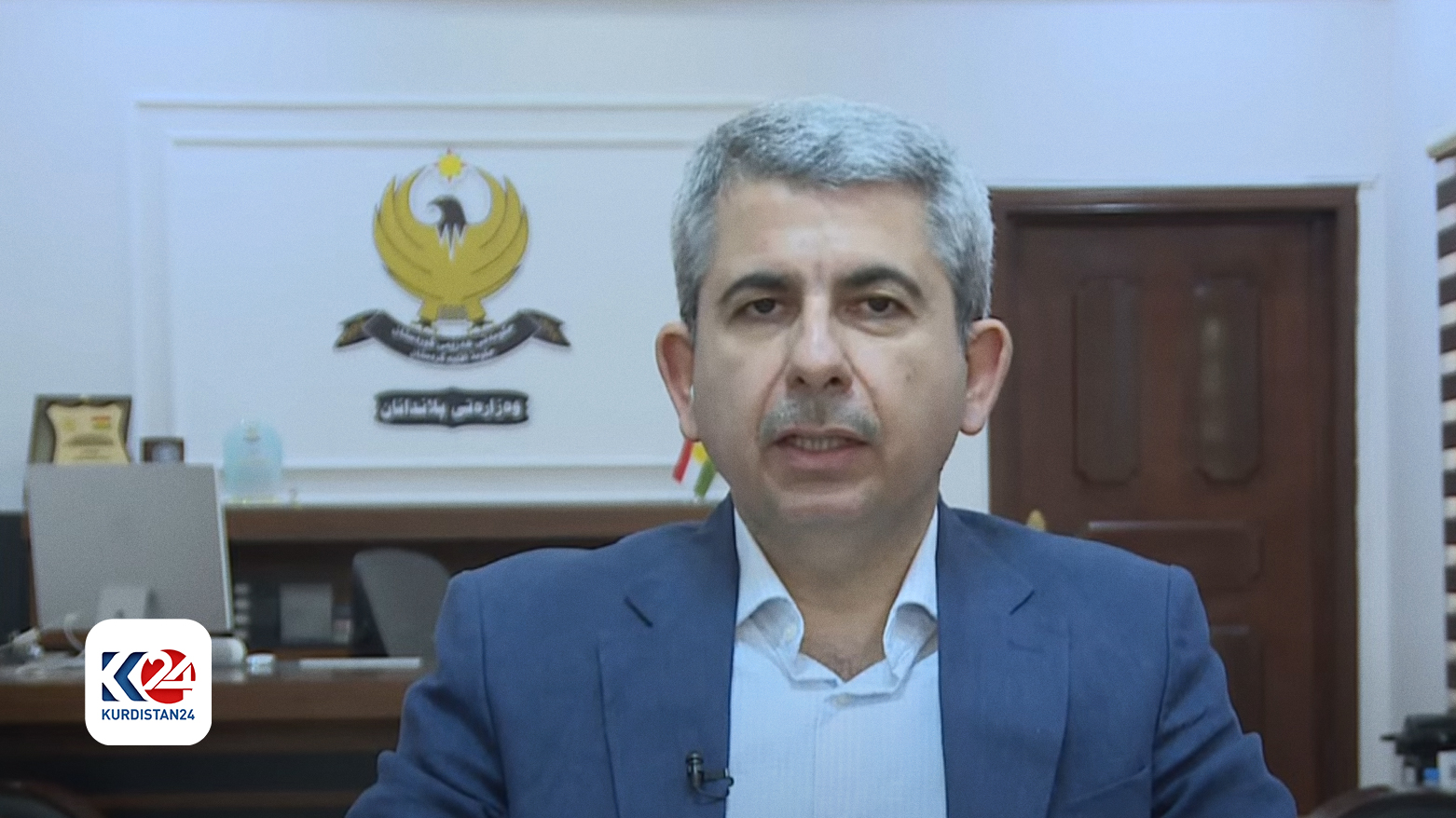KRG official clarifies Federal government’s population census decision
"Now, it is clear to both the Ministries of Planning in the Kurdistan Region and Iraq that the results of the population census will not be linked to Article 140 or the Kurdish territories outside the Kurdistan Region control," he said.

ERBIL (Kurdistan24) – Sirwan Mohammad, the representative of the Ministry of Planning in the Kurdistan Regional Government (KRG), has stated that the federal government’s decision to conduct a population census on November 20 is unrelated to Article 140.
In an interview with Kurdistan24, Mohammad explained that the mixed population composition was the reason for the postponement of the population census in 2010.
"Now, it is clear to both the Ministries of Planning in the Kurdistan Region and Iraq that the results of the population census will not be linked to Article 140 or the Kurdish territories outside the Kurdistan Region control," he said.
Muhammad emphasized the cooperation and joint efforts between the two ministries to carry out the population census.
He clarified that the primary aim of the census is developmental: "It is to determine the size of families and individuals in Iraq, including the Kurdistan Region."
The representative further explained that the census would provide insights into the population size and the health and educational conditions in the country.
It will also shed light on social and economic conditions, as well as other issues related to the livelihood of people in the Kurdistan Region and across Iraq.
The Kurdistan Region Statistics Office on July 11, 2023 announced in a statement that the population of the Kurdistan Region, excluding refugees, will reach 6.6 million people by the end of 2023.
Read More: Kurdistan Region population to exceed 6.5 million by end of 2023: Kurdistan Region Statistics Office
According to Article 140 of the Iraqi Constitution, the status of the province is to be decided by its residents by conducting a census, followed by a referendum, and de-Arabization of the area.
Under the former regime of Saddam Hussein, thousands of Arabs from other parts of Iraq were relocated to Kirkuk to change the Kurdish demography in the city.
Kurds have repeatedly pleaded with Baghdad to resort to Ottoman-era titles and deeds to uncover the rightful owners of property in Kirkuk.
Iraq’s last full census was conducted in 1987. The COVID-19 pandemic delayed the country’s planned census in 2020.
Kurdish parties have voiced concerns over the “demographic changes” that had taken place in the province following the events of Oct. 16, 2017, in which Kurdish forces were ousted by Iranian-backed Shiite militias and the Iraqi army.
Since then, a significant number of Arab families have moved into the province, threatening the Kurdish-majority demography of the area.